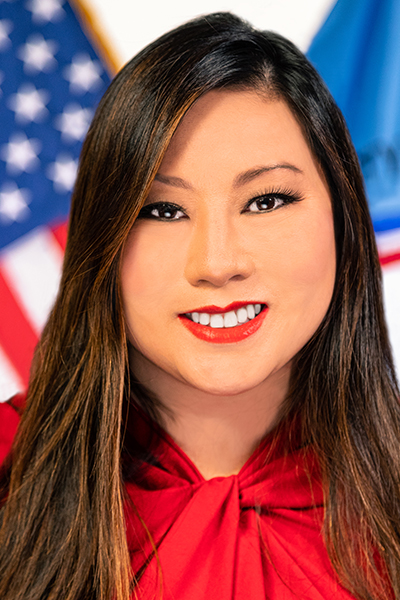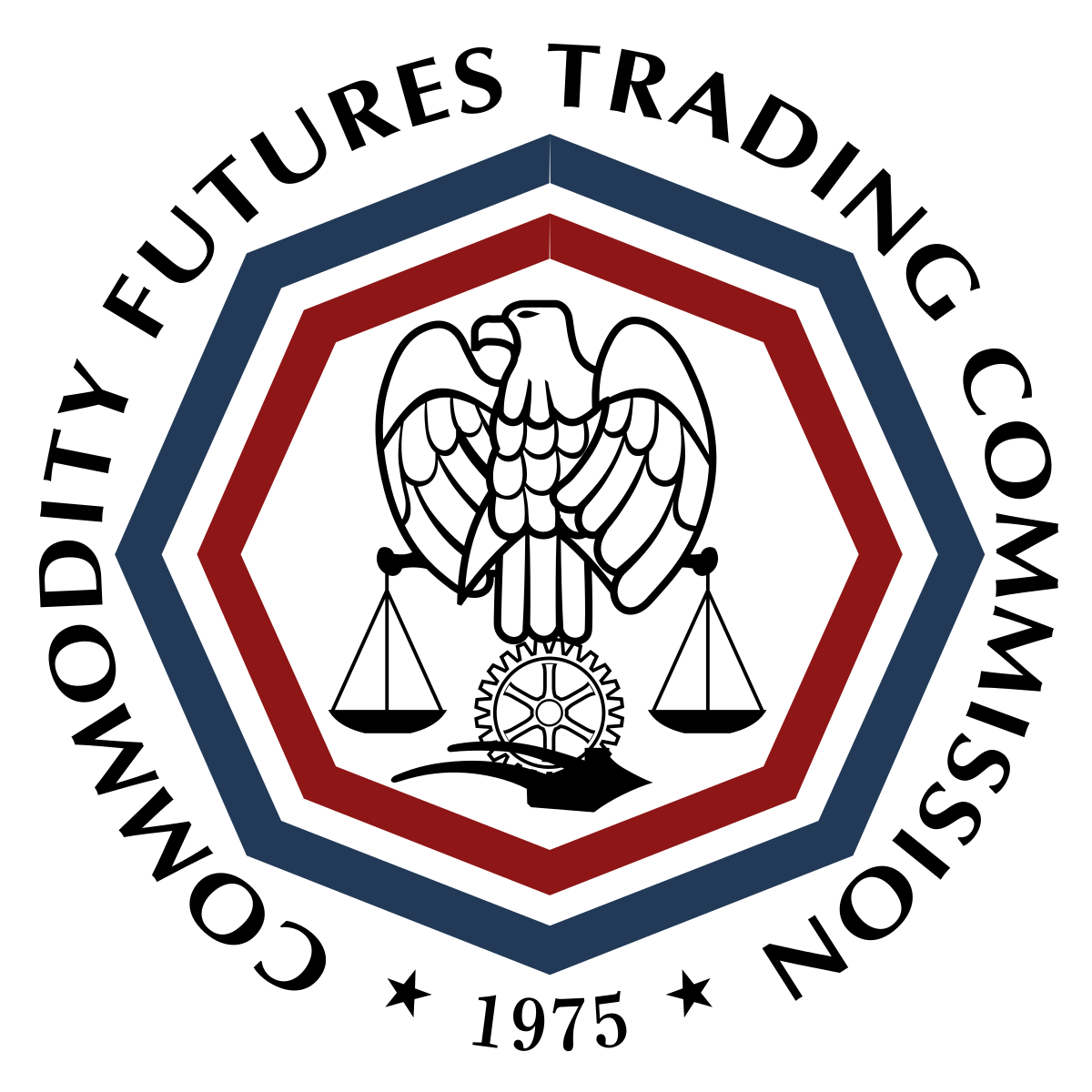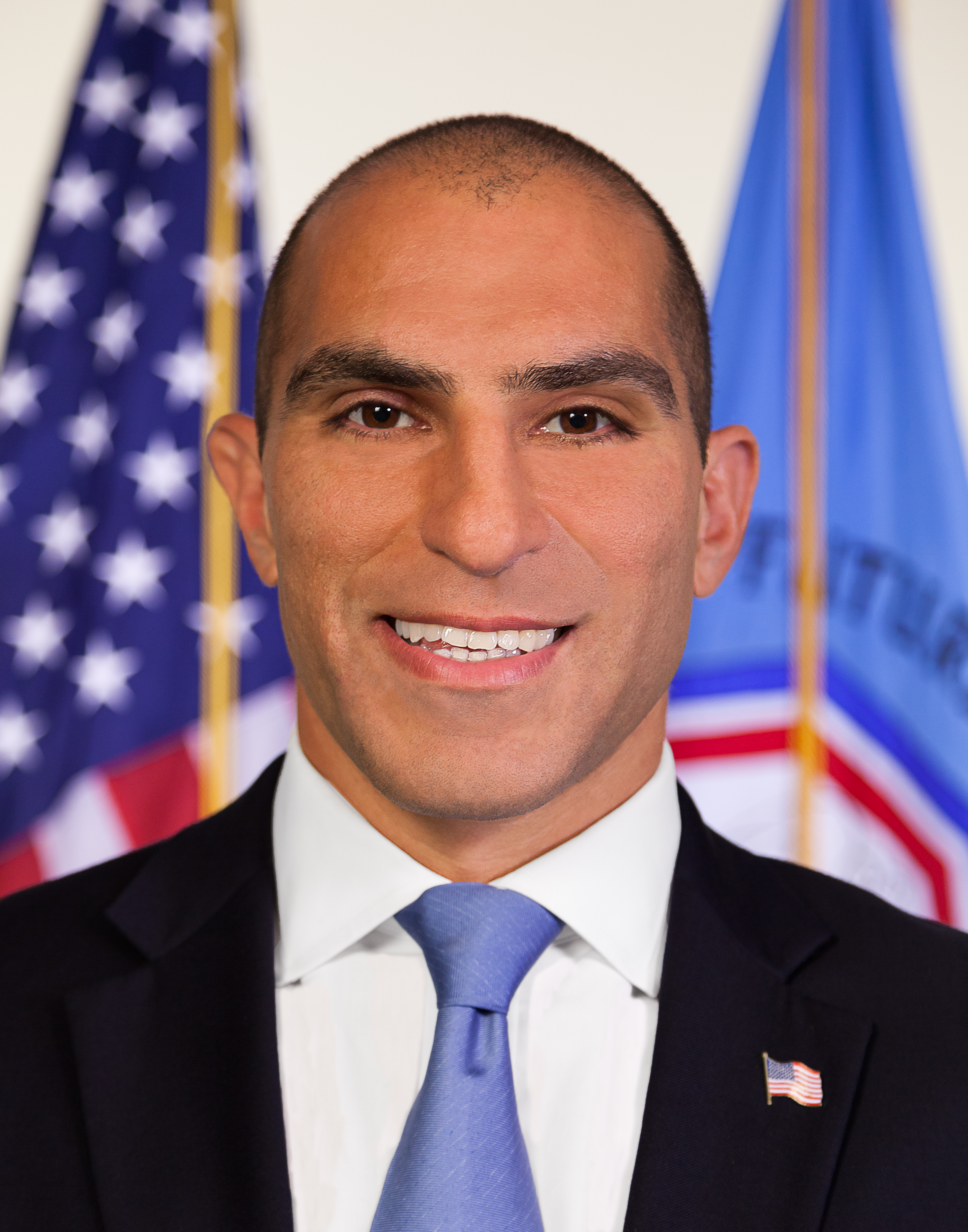As expected, the regulator is reversing course as far as the regulation of digital assets.

Grygo is the chief content officer for FTF & FTF News.
Earlier this month, amid a flurry of executive orders, policy shifts, and layoffs of federal workers, the Commodity Futures Trading Commission (CFTC) charted a new course for its policies toward digital asset regulation.
It is a dramatic change that puts the regulator in a new alignment with the Trump administration, the U.S. Department of Justice, and the Securities and Exchange Commission (SEC).
The new direction was launched by Caroline D. Pham, the acting chairman of the CFTC, when she declared her full support of a Justice Department policy “ending the practice of regulation by prosecution that has targeted the digital asset industry in recent years,” according to an official announcement.
The Justice Department memo, dated April 7, prioritizes “investigations and prosecutions that involve conduct victimizing investors, including embezzlement and misappropriation of customers’ funds on exchanges, digital asset investment scams, fake digital asset development projects such as rug pulls, hacking of exchanges and decentralized autonomous organizations resulting in the theft of funds, and exploiting vulnerabilities in smart contracts.”
These enforcement actions are intended to help with the restoration of stolen funds, bolstering investor confidence in digital asset markets, and the growth of the digital asset industry, according to Justice officials.
The “narrowing of the enforcement policy relating to digital assets” means that the Market Integrity and Major Frauds Unit will end cryptocurrency enforcement to “focus on other priorities, such as immigration and procurement frauds,” according to the memo.
In addition, the Justice Department will disband the National Cryptocurrency Enforcement Team (NCET). “The Criminal Division’s Computer Crime and Intellectual Property Section (CCIPS) will continue to provide guidance and training to Department personnel and serve as liaisons to the digital asset industry,” officials say.
The Justice Department is also instructing the CFTC and the SEC to sidestep “cases where (a) the charge would require the Justice Department to litigate whether a digital asset is a ‘security’ or ‘commodity,’ and (b) there is an adequate alternative criminal charge available, such as mail or wire fraud,” according to the memo.
“The following types of positions are permissible under this policy … (i) taking the position that bitcoin or ether is a ‘commodity’ under the Commodity Exchange Act; and (ii) filing securities fraud charges where the ‘security’ at issue is the equity or stock in a digital asset company. Any exceptions to this policy must be approved by the Deputy Attorney General, or his designee(s),” the memo states.

Caroline D. Pham
Pham favors these changes and has directed CFTC staff and the Director of Enforcement “to comply with Executive Order 14219 … with respect to ongoing investigations, litigation including the agency’s litigating position and arguments, and other enforcement matters,” according to her announcement.
Pham notes that Executive Order 14219 compels agency heads to end enforcement proceedings “that do not comply with the Constitution, laws, or administration policy.”
Yet CFTC litigation, already wending its way through the U.S. federal court system, will not likely be affected by the new policy. “The CFTC cannot dismiss a case or enter into a settlement consent order to terminate the enforcement proceeding without agency action by the commission requiring a majority vote. Currently, no party holds a majority on the commission,” Pham points out.
“Therefore, I direct the CFTC staff and the Director of Enforcement … with respect to ongoing CFTC litigation matters in U.S. federal court, to ‘preserve [the CFTC’s] limited enforcement resources’ by ‘de-prioritizing actions’ involving violations of registration requirements under the Commodity Exchange Act unless there is evidence that the defendant knew of the licensing or registration requirement at issue and violated such a requirement willfully, consistent with DOJ policy,” according to Pham.
“I direct the CFTC staff and the Director of Enforcement to not take any litigating position or arguments that do not comply with the President’s executive orders, Administration policy, or DOJ policy on digital assets enforcement priorities and digital assets charging considerations,” she adds.
Pham also notes that she has “realigned the CFTC Division of Enforcement task forces to end regulation by enforcement and … issued a new advisory on the CFTC’s new policy going forward to promote self-reporting, cooperation, and remediation.”
 Undoubtedly, the sea change for the CFTC will be reinforced when former CFTC commissioner Brian Quintenz takes over as CFTC chairman once the U.S. Senate completes its approval process. Quintenz will be leaving his post as head of policy, crypto, at Andreessen Horowitz, a venture capital firm led by Marc Andreessen and Ben Horowitz. Andreessen is known for being the co-author of Mosaic, a groundbreaking web browser, and co-founder of Netscape.
Undoubtedly, the sea change for the CFTC will be reinforced when former CFTC commissioner Brian Quintenz takes over as CFTC chairman once the U.S. Senate completes its approval process. Quintenz will be leaving his post as head of policy, crypto, at Andreessen Horowitz, a venture capital firm led by Marc Andreessen and Ben Horowitz. Andreessen is known for being the co-author of Mosaic, a groundbreaking web browser, and co-founder of Netscape.
This new alignment is meant to create a new dynamic. But, in reality, it has created a new regulatory tightrope that encourages passionate innovation but not at the cost of harming investors and investment firms working in digital assets. It is a completely different approach from the narrower Biden-Gensler policies, which erred on the side of caution.

Rostin Behnam
Oddly enough, the most recent former CFTC chair, Rostin Behnam, urged the regulator to clarify the situation even in his last official statement.
“We’ve seen this before in our history where we leave large swaths of finance outside of oversight and responsibility, and we have seen time and time again that it ends badly,” Behnam says. “American investors, small and large, have demonstrated eagerness to incorporate digital asset products into their portfolios. It is our duty to ensure that when they do so, the full protections afforded by our regulatory oversight are in place, and that illegal and illicit conduct is swiftly addressed.”
It will be fascinating to see how the new tightrope plays out.
Pham’s full statement can be found here: https://shorturl.at/MJgee
The Justice Department memo can be found here: https://shorturl.at/ArqKI
Need a Reprint?